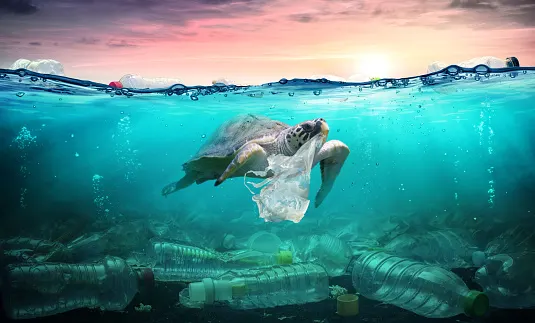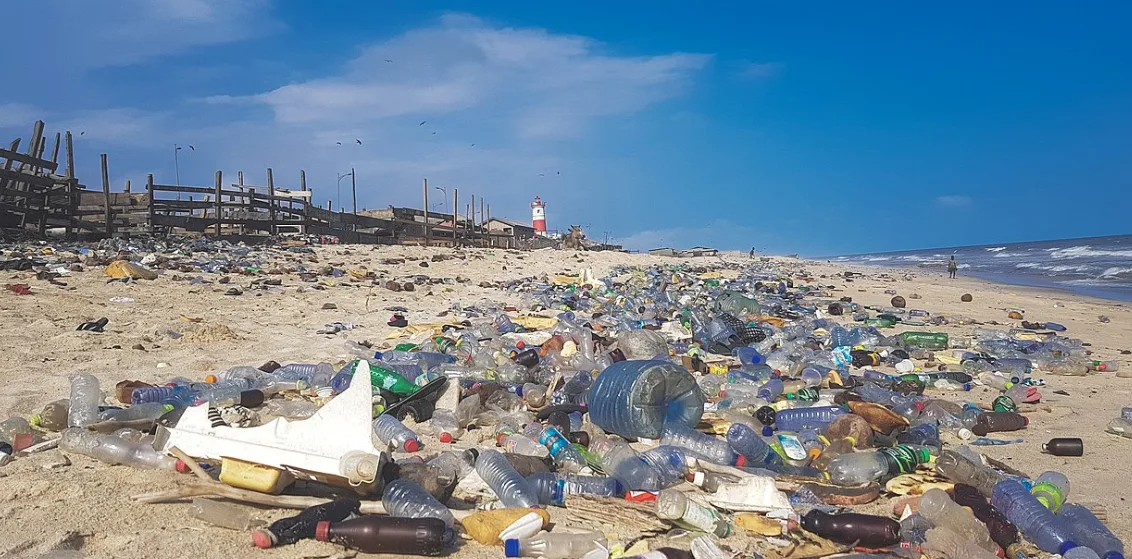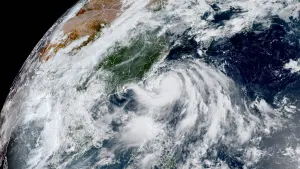
Marine plastic pollution costs up to $2.5 trillion per year
Since 2010 between 4.8 to 12.7 million metric tons of plastic pollution have been dumped into the world's oceans, and costs of the negative impacts have finally been added up. A new study published in Marine Pollution Bulletin states that the damages caused to fisheries, recreational activities, and global wellbeing could total up to a staggering $2.5 trillion a year.
The comprehensive study reports that marine ecosystem services, such as providing food for humans and storing large amounts of carbon dioxide, have added up to $49.7 trillion per year since 2011. Findings indicate that plastic pollution harms the productivity of these services and causes a decline between 1 to 5 per cent in marine ecosystem service delivery, which is equal to an annual loss of $500 billion to $2.5 trillion.
Researchers analyzed how ingesting plastics and becoming entangled in them impacts birds, fish, mammals, and turtles, and found that it caused a decline in efficiency and productivity of commercial fisheries and has a direct risk to fish stocks.

Plastic pollution in Ghana, 2018. Credit: Wikimedia Commons
Seafood is the main source of animal protein for 1.4 billion people, which makes up 19 per cent of the global population. Even some aquatic species that live in the deepest, most remote parts of the oceans have ingested plastic, and there is growing concern over the amount of plastic humans are ingesting from eating seafood.
The results indicate that all marine ecosystem services are impacted by ocean plastics to some extent and the study empahsizes that the productivity, profitability, and safety of the fishing and aquaculture industry is highly vulnerable to plastic pollution.
Research shows that there is currently no available technology to filter out microscopic particles of ocean plastic, but several organizations are working on large-scale plastic removal operations and increasing awareness about how we use and consume plastic.
Algalita is an organization that is working to spread awareness about steps to fight the plastic pollution crisis and recommends using paper or glass in place of plastic products and avoiding using single use plastics like straws, water bottles, and plastic bags.









